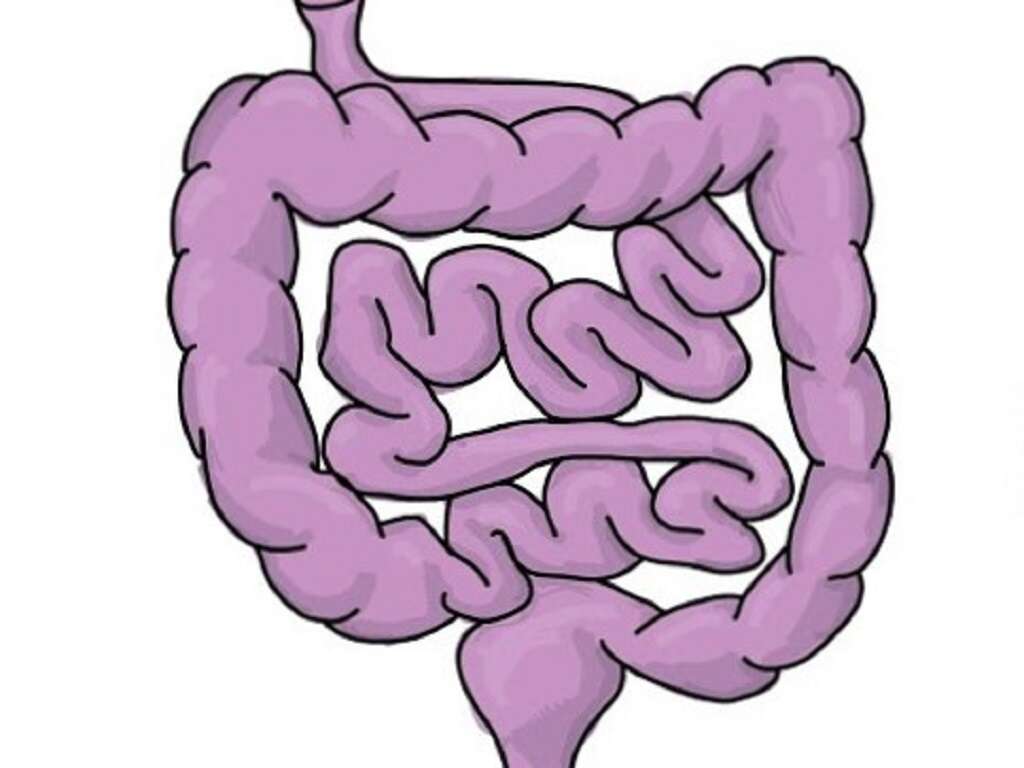What Is Mallory Weiss Syndrome?
Vomiting is an unpleasant symptom and is something we would usually try and avoid. It is something that we have little to no control over, however, as it is usually an involuntary action. Regardless, vomiting can also be very important for us, and it can even help to save our lives in some cases.
When vomiting, certain muscle groups will contract sharply to help force the contents of our stomach out through our mouths. These contractions can be aggressive enough to cause physical damage to the delicate internal tissues. It can cause tears to form in the esophagus, in a condition known as Mallory Weiss syndrome.

1. Mallory Weiss Syndrome
It is almost inevitable that we will all vomit at some point. It is not a nice experience and it can even become quite painful in some cases. Such is the potential violence of vomiting that it can result in physical damage to the body, including damage to the lining of the esophagus.
If somebody does vomit violently enough, and/or other conditions are already in place, then the lining of the esophagus can become torn. This tends to happen where the esophagus meets the stomach, resulting in a condition known as Mallory Weiss syndrome. It is not necessarily dangerous, but it can result in a number of unwelcome symptoms.

2. Causes
As mentioned, Mallory Weiss syndrome is generally caused by excessive vomiting. This can mean the patient is vomiting particularly violently, and/or for a prolonged period of time. There are several reasons why a patient might vomit to this extent, one of which is alcohol abuse.
Other potential causes of the condition include excessive coughing, and very rarely excessive hiccuping is also a potential cause. Somebody might also cause the damage when they are lifting heavy weights. A trauma to the abdomen areas can also result in Mallory Weiss syndrome, as can a hiatal hernia. Convulsions can also cause the condition, as can receiving CPR.

3. Medical Causes
In addition to the causes mentioned, certain medical conditions can also result in Mallory Weiss syndrome. one such example is the perforation of the esophagus, which is a serious medical condition in itself. A peptic ulcer can also make it more likely that somebody will develop Mallory Weiss syndrome.
There is also chronic erosive gastritis, which causes the stomach lining to become inflamed, and also Zollinger-Ellison syndrome which causes the stomach to be more acidic than usual. If you do have any of these medical conditions, you should let your doctor know.

4. Pain
In many instances of Mallory-Weiss syndrome, the patient will experience no symptoms. This is because the tears are usually only very mild and will heal quite quickly. There may be some bleeding, but there is likely to be very little blood, meaning it will not be noticed. When there are symptoms, however, pain is going to be among the most likely.
The pain might only be mild and is unlikely to be of much concern. Regardless, if any pain in the abdomen area does persist then the patient should seek medical advice. Doing so might help to catch a serious condition early on in its development, making treatment easier.

5. Black Stools
As gross a subject as it may be, our stools are something that we should pay more attention to. This is because our stools can tell us a lot about our health just by looking at them. Even just the color of them can help alert us to the fact that there is something wrong.
Our stools are naturally a shade of brown. If they appeared black, this suggests that there is blood in the stool, and this is not a good sign. You might also notice liquid blood in your stools, and the stools will also sometimes have a tar-like consistency. If you are showing these symptoms then you should arrange to speak with your doctor as soon as you can.

6. Hematemesis
It is not normal for there to be blood in our vomit. If you do spot blood in your vomit then it can be a sign of something quite serious. This can mean severe internal injuries and it can also be down to cancer or infections. It can also be down to Mallory Weiss syndrome.
If there is blood in your vomit then the vomit will appear darker than usual and can also be clotted. It can also be described as looking like coffee grounds in some instances. These symptoms are a sign of something that may be very serious, so make sure to see a doctor.

7. Retching
Retching is the action that so often ends up with vomiting. It doesn’t necessarily mean the patient will actually vomit, however. It is more a case of going through the motions but without ejecting the stomach’s contents. It is a common symptom and will often happen without any notice.
Retching usually occurs when the patient has experienced something unpleasant, such as a particularly unpleasant odor or taste. It is not usually something to be concerned about but you should see a medical professional if the symptom persists. Retching can be caused my Mallory Weiss syndrome, and it can make the condition worse.

8. Complications
While Mallory Weiss syndrome is usually quite harmless, it can lead to potentially severe complications in a small number of cases. If the tear is severe enough, then the patient can lose a significant amount of blood internally. This will be life threatening in some cases.
Symptoms of significant blood loss include a drop in blood pressure and a faster pulse than usual. This is because there is less blood flowing through the system, and because the heart starts pumping harder to help compensate. It can also cause anemia, leaving the patient short of breath and feeling fatigued. The patient will also produce less urine than usual, and they can go into shock in severe cases.

9. Diagnosis
In order to help diagnose the condition, your doctor will likely ask you a number of questions. This can include questions regarding any other medical conditions associated with the disease, or of any recent accidents. They might also ask you about lifestyle choices such as how much alcohol you are consuming.
In some cases, a red blood cell count may be requested, which can help to identify a bleeding problem. In addition, you might also be asked to undergo an endoscopy. This is a process while involves inserting a small camera into the esophagus to help look for permanent damage.

10. Treatment
In the vast majority of cases, no treatment will be necessary for Mallory Weiss syndrome. Indeed, the condition will usually clear up itself without the patient even being aware that they had the condition. Treatment will be necessary in a small number of cases, however.
When treatment is advised, it will usually involve medication that will help to reduce the levels of acidity in the body. Endoscopic therapy may also be suggested, which can involve using heat to close the wound, or medication to help stop the bleeding. Surgery may be deemed necessary if other methods are not effective.












